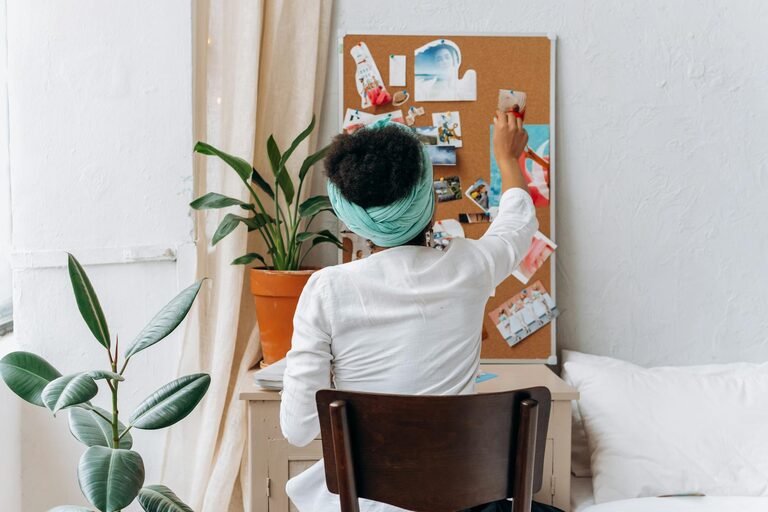
How to Create a Relaxing Home Workspace for Better Focus
Creating a relaxing home workspace is essential for maintaining focus, boosting productivity, and reducing stress while working from home. Whether you spend a few hours a day or a full workweek in your home office, a calm and organized environment can make all the difference. This guide will walk you through practical steps to transform your workspace into a peaceful haven.
Why a Relaxing Workspace Matters
A comfortable and soothing workspace helps your mind stay clear and alert. When your environment is cluttered or visually chaotic, it can increase feelings of stress and distraction. By designing a space that encourages relaxation, you not only improve your work quality but also support your mental well-being.
Choose the Right Location
Consider Natural Light
Position your desk near a window if possible. Natural light enhances mood and energy levels, helping you stay refreshed throughout the day. If natural light is limited, invest in soft, warm artificial lighting that mimics daylight.
Minimize Noise and Distractions
Pick a quiet area of your home to minimize interruptions. Consider noise-cancelling headphones or background music to create a peaceful atmosphere.
Declutter and Organize
Keep Only Essentials
Remove unnecessary items from your desk and surrounding area. A clean workspace reduces distractions and helps your mind focus on the task at hand.
Use Storage Solutions
Incorporate shelves, filing cabinets, or desk organizers to keep supplies tidy. Label storage bins for easy access and maintain order.
Personalize Your Space Mindfully
Adding personal touches can make your workspace inviting, but avoid clutter. Choose a few meaningful decorations such as:
– Plants for freshness and improved air quality
– Art or photos that inspire you
– A comfortable and supportive chair to prevent strain
Optimize Ergonomics
A relaxing workspace should also be comfortable physically. Key tips include:
– Adjust your chair so your feet rest flat on the floor
– Position your computer screen at eye level to prevent neck strain
– Use a keyboard and mouse that fit your hands comfortably
Taking care of your posture reduces fatigue and discomfort, making your workspace more enjoyable.
Incorporate Calming Elements
Use Soothing Colors
Choose calming colors like soft blues, greens, or neutrals. These shades create a tranquil mood and reduce visual stress.
Add Natural Elements
Houseplants, wooden furniture, or natural light textures bring warmth and calmness into your workspace.
Introduce Aromatherapy
A subtle scent from essential oils or candles, such as lavender or eucalyptus, can enhance relaxation without overwhelming your senses.
Establish Boundaries and Routine
Define Work Hours
Set specific times for work and breaks. Using a schedule helps separate work from personal time, reducing burnout.
Take Regular Breaks
Short breaks encourage movement and mental rest, contributing to a more relaxed experience.
Create Transition Rituals
Begin and end your workday with activities like stretching, meditation, or tidying your desk. These rituals mentally prepare you for focused work and a restful break.
Maintain Your Relaxing Workspace
Once your space is set up, keep it refreshed by:
– Regularly organizing and removing clutter
– Adjusting lighting as seasons change
– Refreshing plants and decorations as needed
A well-maintained environment supports lasting relaxation and productivity.
Conclusion
Designing a relaxing home workspace is about combining comfort, organization, and personal touches to create a peaceful setting. By choosing the right location, decluttering, optimizing ergonomics, and adding calming elements, you can build a space where work feels less stressful and more enjoyable. Remember to maintain clear boundaries and care for your environment so your workspace continues to support your focus and well-being over time. With these tips, your home office can truly become a relaxing retreat for your daily work.
